AP Human Unit 3 - Cultural Geography
1/102
Earn XP
Description and Tags
Name | Mastery | Learn | Test | Matching | Spaced |
|---|
No study sessions yet.
103 Terms
what is material culture?
Material culture is items that a person or society has given value to
What is non-material culture
Non-material culture consists of the ideas or beliefs an individual or society has
Where does modern culture usually originate and how does it diffuse?
It usually originates in more developed countries, and diffuses through hierarchical diffusion
What is indigenous culture?
Indigenous culture is people who originated in a certain geographic location and are still practicing their beliefs today
What is ethnocentrism?
It is the practice of analyzing or judging a culture by the standards of one’s own culture
What are some negative byproducts of ethnocentrism?
Can cause people to look down on a culture and leads to racism, negative stereotypes, and a general misunderstanding about another culture
What is cultural relativism?
The practice of analyzing or judging a culture by it’s own standards
What is a positive byproduct of cultural relativism?
Individuals do not judge a culture based off their own cultural standards, which creates a better understanding of cultures different from that of the individual
What is the cultural landscape of a place?
The different cultural, economic, and physical elements that define a landscape
What are land-use patterns?
How land is changed in order to be used for a specific purpose
What is sequent occupancy?
Sequent occupancy refers to the idea that different groups of people can occupy the same geographic area over time, often leading to layers of cultural and social change and a unique cultural landscape
What is traditional architecture?
Architecture that incorporates local culture and resources
What is modern architecture?
Prioritizes function over design, and does not utilize local resources, infrastructure, and culture.
What is post-modern architecture?
Strives to create unique look and feel, and incorporate local culture
What are some barriers to diffusion?
Difference in language and culture, political and economic barriers, and physical barriers. These barriers do not have much of an effect now because of modern advancements in technology and social media, as well as globalization.
What are some examples of diffusion?
Colombian exchange, trans-Atlantic slave trade, military bases
What are some contemporary causes of diffusion?
Globalization, urbanization, and advancements in technology which have reduced barriers between people and made it easier to communicate with each other
What is an isogloss?
It is a distinct boundary defined by linguistic differences
What are centripetal forces?
Forces that unite people and bring them together
What are some examples of centripetal forces?
Homogenous ethnicity/religion, common language, nationalism, etc. Societies with more centripetal forces have greater sense of place and are more united.
What are centrifugal forces?
Forces that separate people and create division. Causes division between people due to lack of communication and understanding.
What are some examples of centrifugal forces?
Distance, discrimination, political and economic barriers, etc.
What is acculturation?
When a culture adopts different traits of another culture (culture is modified but not lost)
What is assimilation?
Minority culture completely adopts a dominant culture. Can be voluntary or forced.
What is creolization?
The process of two cultures/languages coming together to create a new third culture/language
What is a Lingua Franca?
Common language used by individuals who’s native language is different (example: English)
What is a diaspora?
Dispersion of any people from their original homeland
What is a universalizing religion?
Religions that seek to expand to as many people as possible
What are some ways universalizing religions can diffuse?
Hierarchical and expansion diffusion, but can also diffuse because of trade and war
What are some examples of universalizing religions?
Islam, Christianity, Sikhism, Buddhism
What is syncretism?
the blending of two or more cultural influences
What is an example of syncretism?
Sikhism, because it is a blend of ideas from both Hinduism, Islam, and Buddhism but remains distinct from all of them. Another example is country music, which has a mix of influences from the Scots-Irish, German, and Africans.
What does the word “modern” refer to?
It means architecture developed during the 20th century that expresses geometric ordered forms such as the homes of Frank Lloyd Wright or the popularization of glass skyscrapers in the 1970s-1980s
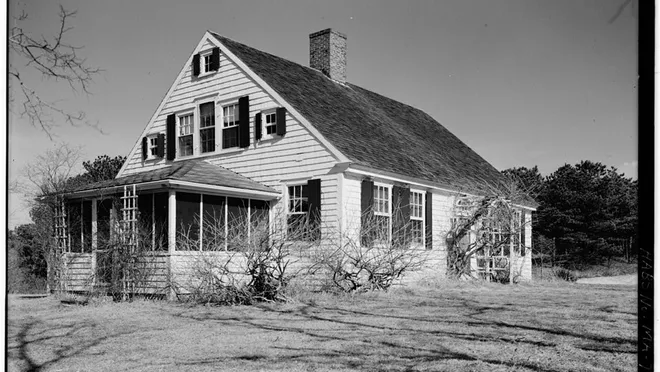
What is the house type common in New England?
A small one-story picked roof “cape-cod style” or the irregular roof “saltbox” with one long pitched roof in the from and a low angle roof in the back.
What is Multiculturalism?
It is when a society has a large diversity of different cultures that coexist together.
What are some countries that display multiculturalism?
United States, Canada
What is cultural resistance?
When individuals push back or reject cultural diversity due to negative stereotypes or prejudice against the other cultures
What aspects define a cultural landscape?
Art, architecture, music, film and TV, clothing, etc.
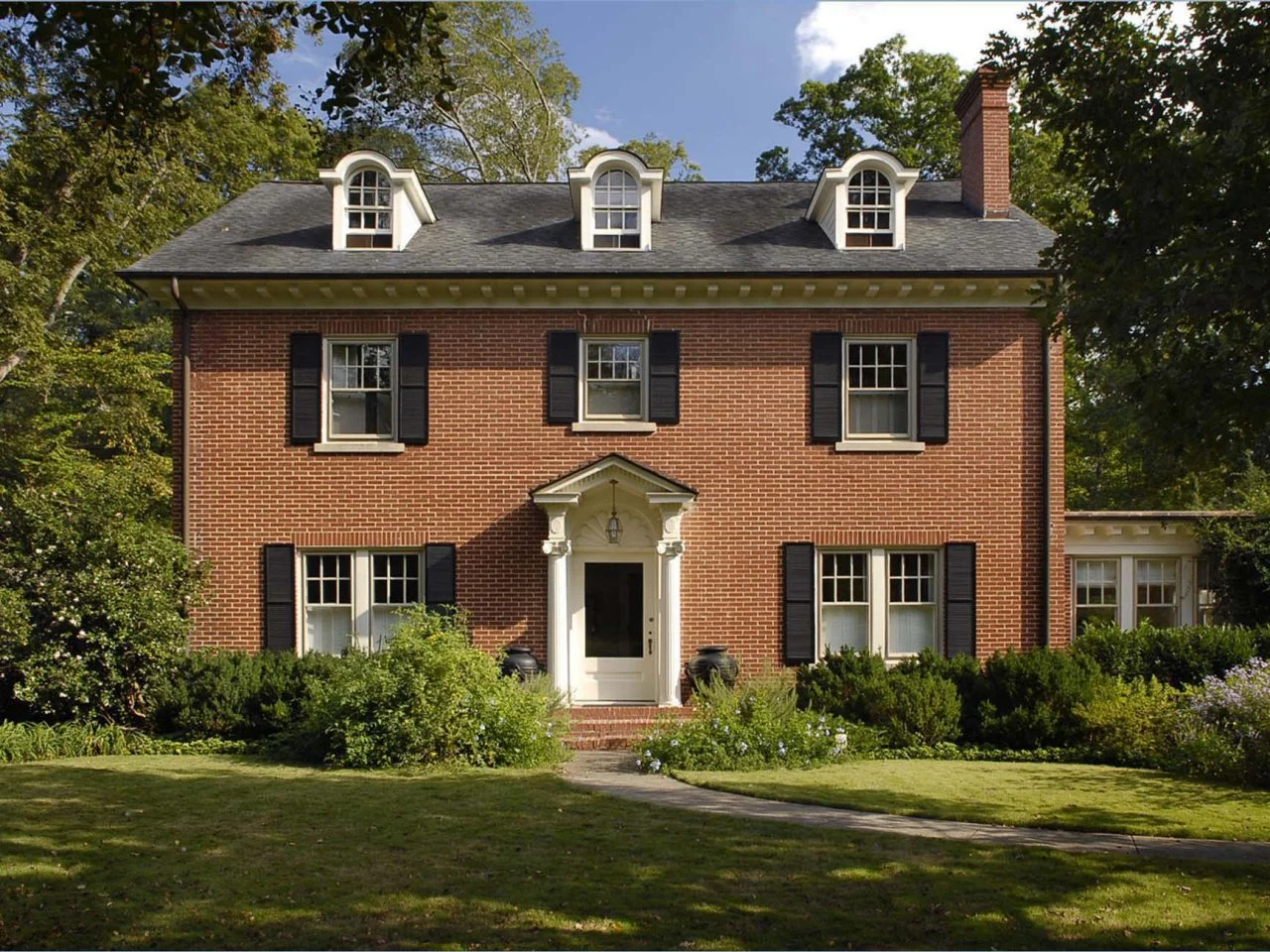
What housing type was popular in Anglo-America in the late 1700s and 1800s?
The federalist or Georgian housing style refers to a two of three story urban townhouse connected to another. Architectural elements include symmetry with central doorways and equal numbers of windows on each side of the house.
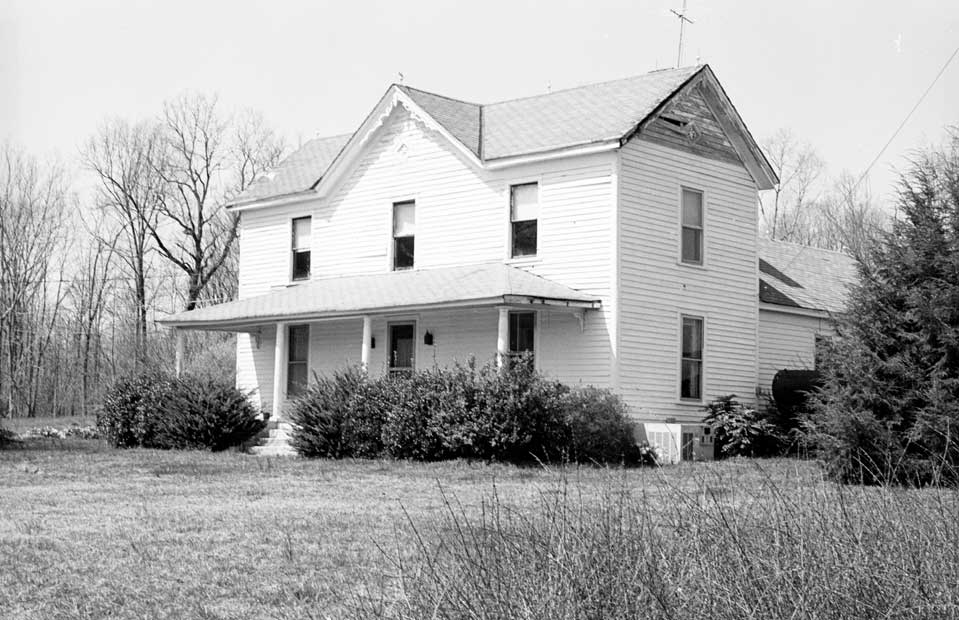
What is an I-house?
A loose form of the federalist and Georgian housing style, are simple rectangular houses with a central door and a window on each side of the home’s front, with three symmetrical windows on the second floor. I houses also often have two fireplaces, which is prominent in the design.
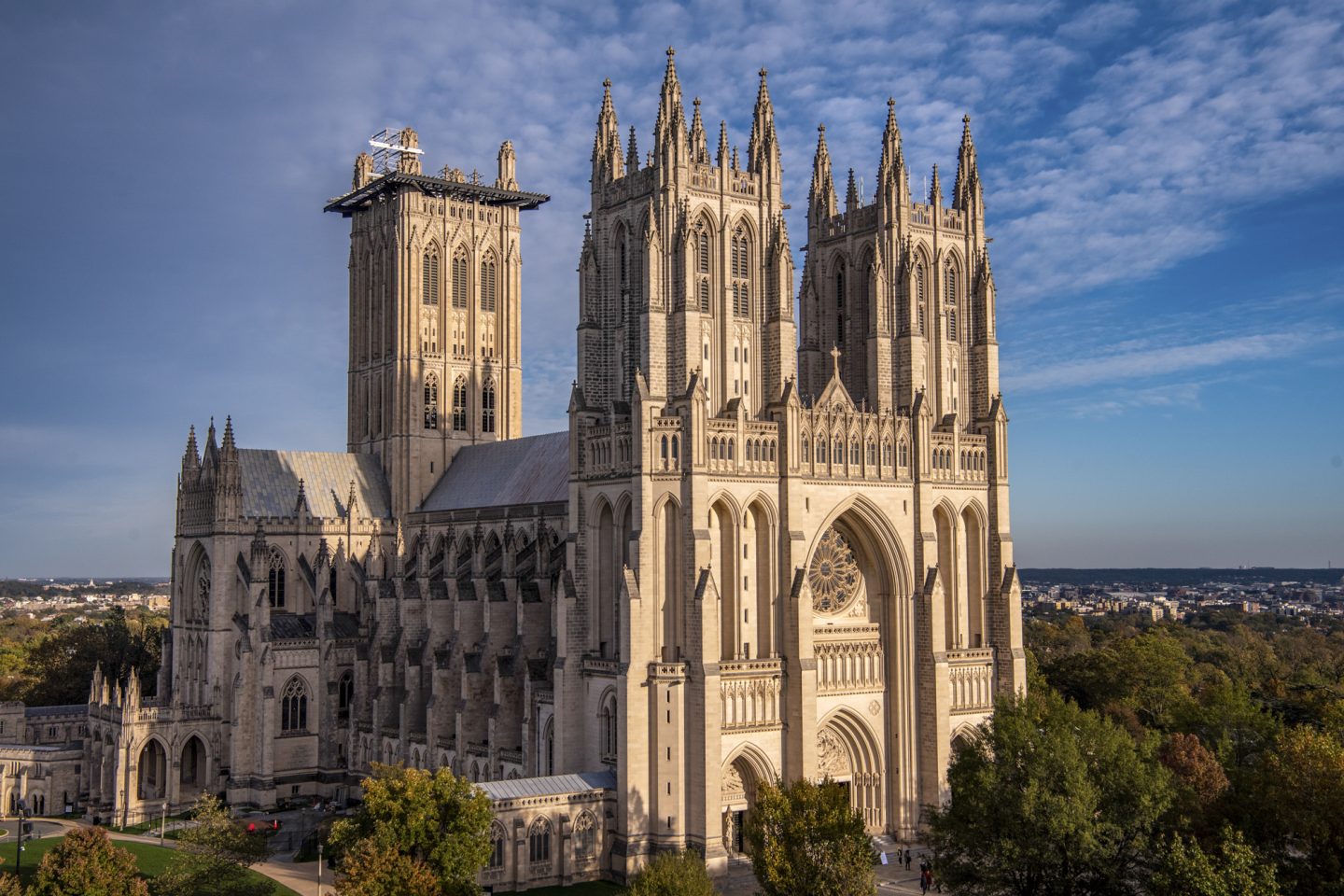
What are some common architectural aspects of churches?
Traditional churches tend to have a central steeple or two high bell towers in the front of the building. A steeple is typical of smaller churches, and bell towers are found in larger ones. They can also be a basilica with a central dome, or have a cross shaped floor plan — which is typical of older churches and cathedrals.
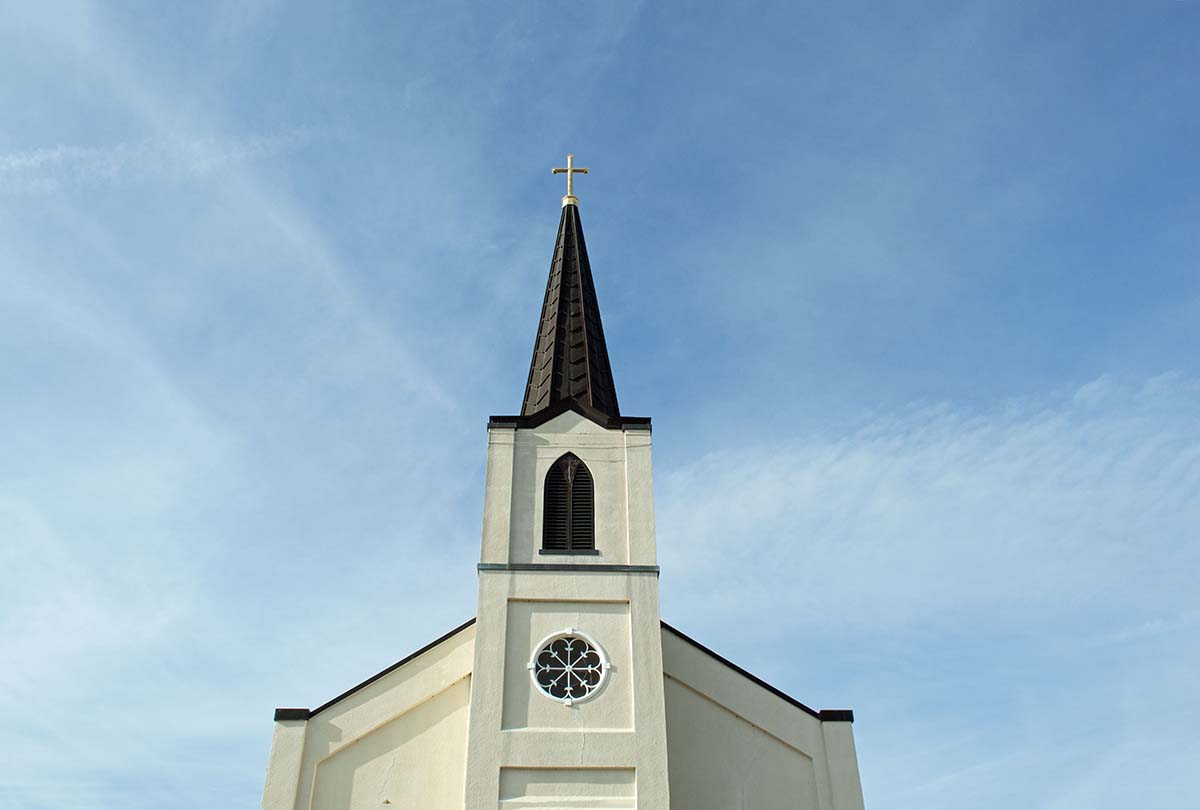
What is a steeple in architectural terms?
A steeple is a structure on the top of a building, often a church, typically featuring a spire or pointed roof, which can be used for aesthetic purposes and as a symbol of the building's religious significance.
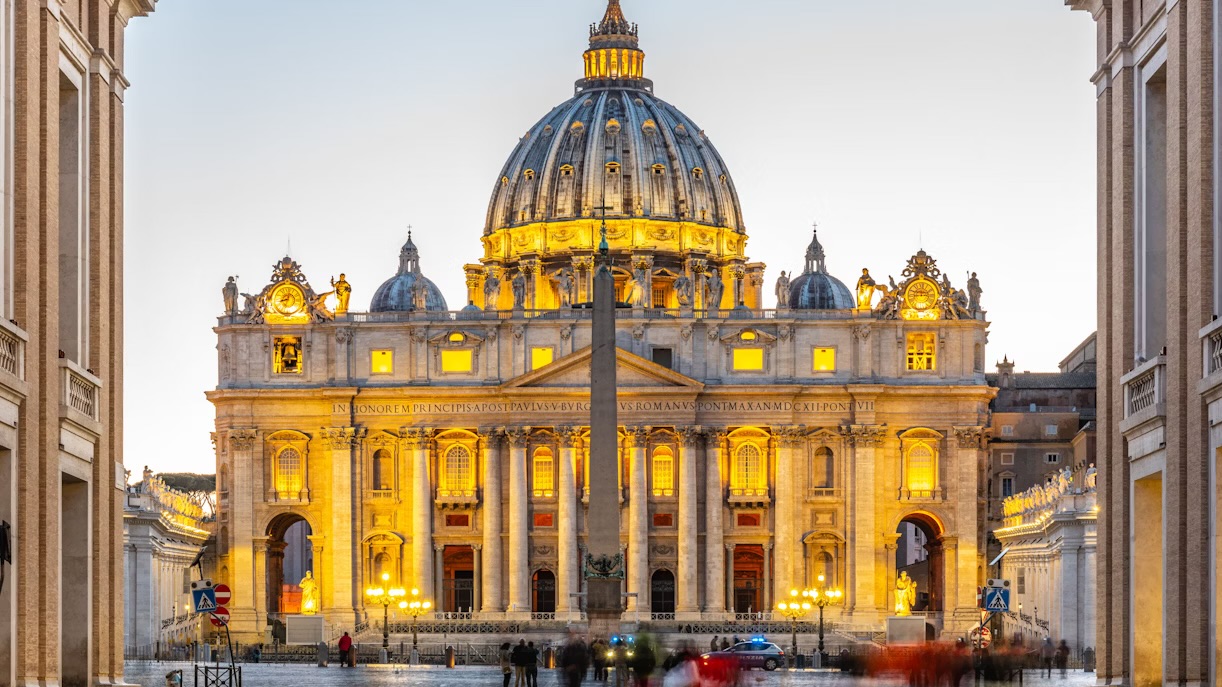
What is a basilica in architectural terms?
A basilica is a large and important church building that serves as a central gathering place for worship and often features a longitudinal plan with a nave, side aisles, and an apse at one end. Historically, basilicas were also public buildings in ancient Rome
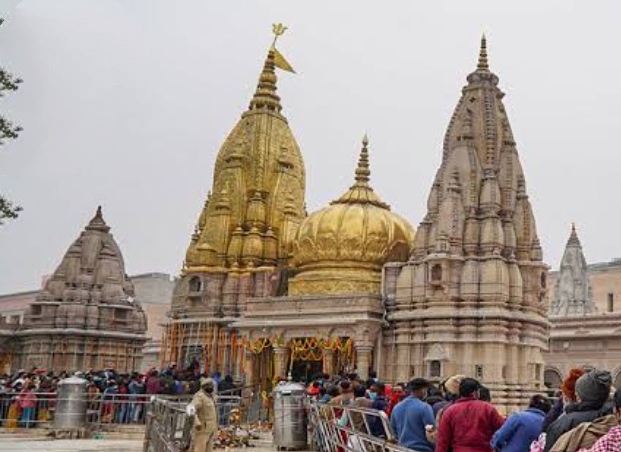
What are some architectural features of Hindu temples and shrines?
Hindu temples and shrines tend to have a rectangular main body and feature one or more short towers of carved stone. The towers often feature stepped sides and display carvings of the heads and faces of deities.
What are some common features of Islamic architecture?
The giveaway feature of a mosque is one or more minarets, which are narrow towers that are pointed at the top.
What is a linguistic region in AP Human Geography?
A linguistic region is an area where a particular language or languages are spoken, often influenced by cultural and social factors, promoting a distinct linguistic identity in that region
What is a pidgin language? (Or creole, patois language)
Are simplified forms of the language that use key vocabulary words and limited grammar. There are wa number of English based pidgin languages spoken in West African countries such as Ghana, Cameroon, and Nigeria,
What are the major language families?
Indo European, Sino-Tibetan, Niger-Congo, Afro-Asiatic, Austronesian, Dravidian, Altaic, Japanese, Tai-Kadai
How can languages be broken into?
They can be separated into language families, and then subfamilies, and groups
What is folk music?
Music that original to a specific culture
What is folklore?
Folklore is cultural stories spread from generation to generation, and are often fictional or not true
What are the two competing theories regarding the origins of the European language?
The Anatolian theory and the Kurgan theory
What is continental cuisine?
Refers to the formal food traditions emerged from mainland Europe in the 1800s
What are ethnic religions?
Confined to members of a specific culture group
What is scripture?
The literature or books that a religion is based off
What is a doctrine?
A doctrine is a set of beliefs or principles held and promoted by a religious, political, or other group.
What are fundamentalists?
Are known to have little interest in compromising their beliefs or doctrine and strictly adhere to scriptural dictates
What are compromising religions?
Are often cited for their ability to reform or integrate their beliefs into their doctrinal practices
What are animist religion traditions?
They are various ethnic, tribal, and other forms of nature worship. Animists share the common belief that items in nature can have spiritual being, including landforms, animals, and trees.
What are Hindu-Buddhist traditions?
Religions in this category include Hinduism, Jainism, and Buddhism — there are many common beliefs between them such as the belief that there are multiple levels of existence, the highest being nirvana.
What is karma?
The belief that one’s soul is reincarnated over and over into different forms, based on their karma, which is the balance between their good and bad deeds in life.
What are abrahamic traditions?
Significance is placed upon the prophecy that predicts the coming or return of a messianic figure that defeats the forces of a satanic evil for the souls of followers. Each religion has a similar store of the earth’s condition, and the story of Abraham as a representation of respect for the will of God, or Allah.
What are sub-deities?
Prominent in abrahamic religions, things like saints, angels, and archangels
What are some examples of animist religions?
Voodoo and Indigenous American religions
Where did Hinduism originate and how long ago was it?
Mainly India, and about 7,500 years ago.
What is the scriptures and doctrines of Hinduism?
The scriptures include the Vedas, Upanishads, Bhagavad Gita, and other early texts. The doctrine is the practice to work continuously towards multiple reincarnations, and eventually nirvana.
What is Jainism?
It is a fundamentalist interpretation of Hinduism, and started about 2,900 years from present day. Originated in Western India and has scriptures called the Agamas. Their doctrine is to have respect for all animal life and that every living soul has the potential to be a divine god.
What is Buddhism?
Religion that originated in the Ganges river basin of North Central India and diffused throughout Asia about 2500 years from present day. The scripture is based off early Hindu texts combined with the Tipitaka, part of which contains the life and teachings of Siddartha Gotama, who was the founder of Buddhism.
What is the doctrine of Buddhism?
The main difference with Hinduism is that you can achieve nirvana in a single lifetime, with intensive meditation, studying, and moral thought.
What are the denominations of Buddhism?
Tibetan - Vajrayana, Southeast Asia - Theravada, and East Asian - Mahayana
What are the 5 caste systems in India?
Brahmans, Kshatriyas, Vaishyas, Shudras, and Dalits.
What is Judaism?
Started over 5,700 years before present. The hearth is in Israel, and the scripture is the Torah. The doctrine varies between groups, but share annual atonement for sins during Yom Kippur
What is Christianity?
Originated in the Roman Empire, and following stars growing around 30 c.e, and expands to Mediterranean. The scripture is the Bible, which is divided into the new and Old Testament. Doctrine varies by denomination but usually involves communion practice and baptisms.
What is the difference between Shia and Sunni Muslims?
Shias believe that Imams need to have a direct bloodline back to Muhammad, while Sunni does not have any ruling of that sort for Imams.
What is a theocracy?
It is where religious leaders hold the senior positions of governance. An example of a Theocracy would be Iran and Afghanistan under the Taliban
What are some examples of Sharia states?
Saudi Arabia, Kuwait, Yemen
What does it mean to be secular?
Meaning something is not directly governed in a religious manner and instead often utilize French or British tradition and Government structure.
Why are there tension in some secular countries?
tension between the secular government and religious activists or groups can cause conflicts to arise
What are Aesop’s fables?
Example of folklore from the classical Greeks, each fable has a moral to the story, a lessons to be learned regarding proper behavior.
What is a long lot pattern?
Prominent France and French colonial areas such as Quebec and Louisiana have long-lot patterns. They have a narrow frontage along a road or waterway with a very long lot shape behind.
What is a nation?
A nation is a population represented by a single culture. What defines a nation is a common identity, which is a complex mix of genetic heritage and political allegiance.
What is a ethnicity?
Ethnic groups often claim a single identifiable lineage or heritage, which all member tend to identify with as a common social bond.
What is race?
Refers to the physical characteristics of a common genetic heritage
What is an indigenous population?
The people who originally settled in an area
What does mestizo mean?
A person of European and indea Ogden outs cultural heritage
What does mulatto mean?
Refers to people with African and European heritage?
What does garifuna mean?
A person of indigenous and African heritage
What does creole mean?
Creole is a term used to describe people or culture that is derived from all there racial groups; European, Native American, and African
What are the three racial groups?
Mongloid or Asiatic, Caucasoid or Indo-European, and Negroid or African
What is internal identity?
How individuals express their cultural heirtage, ethnicity, or place of origin, to people who share their heritage or place of origin
What is external identity?
Used by individuals to express their cultural heritage, ethnicity, or place of origin to people who do not share a common cultural or geographic background
What is a culture region
An area of bounded space with a homogenous characteristic, that being one or more components of cukture in this case
What is a culture hearth?
Is based off the idea that every cukture has a localized area where it originated or has its main population center, includes contemporary and ancient culture hearths
What were the ancient culture hearths?
The Nile river, Mesopotamia, The Indus Valley, Mesoamerica, The Andean highlands, Northeast China, and West Africa
What is an example of a temporary cultural hearth?
The Mormon culture region of the American West, the Latter Day Saints (LDS) is the common homogenous characteristic shared by the region.
what is an effect of sequenr occupance?
Different dominant cukture replace each other over time
What is cultural survival?
Describes the efforts to research, understand, and promote the protection of indigenous cultures.
What is cultural globalization?
A number of influences such as literature, music, motion pictures, the internet, and satellite + cable television, mainly from English language sources, combine to combine to eliminate and potentially diminish the culture of other linguistic groups
What are some causes of cultural diffusion?
Trade, colonialism, conflict, and migration
What is a genocide?
A large scale systematic killing of people of one ethnic group. The most prominent example is the Holocaust of Jews at the hands of Nazi’s.